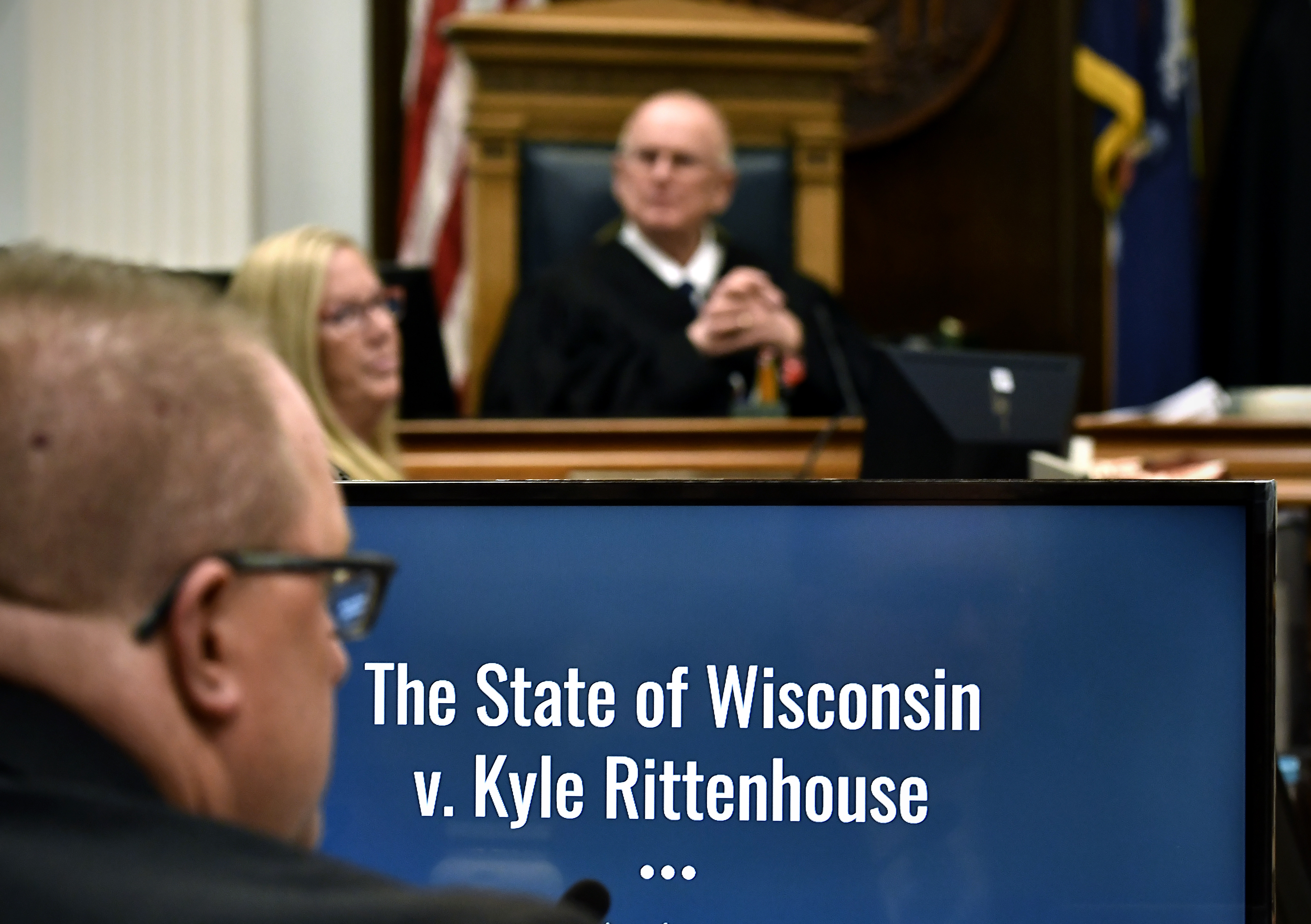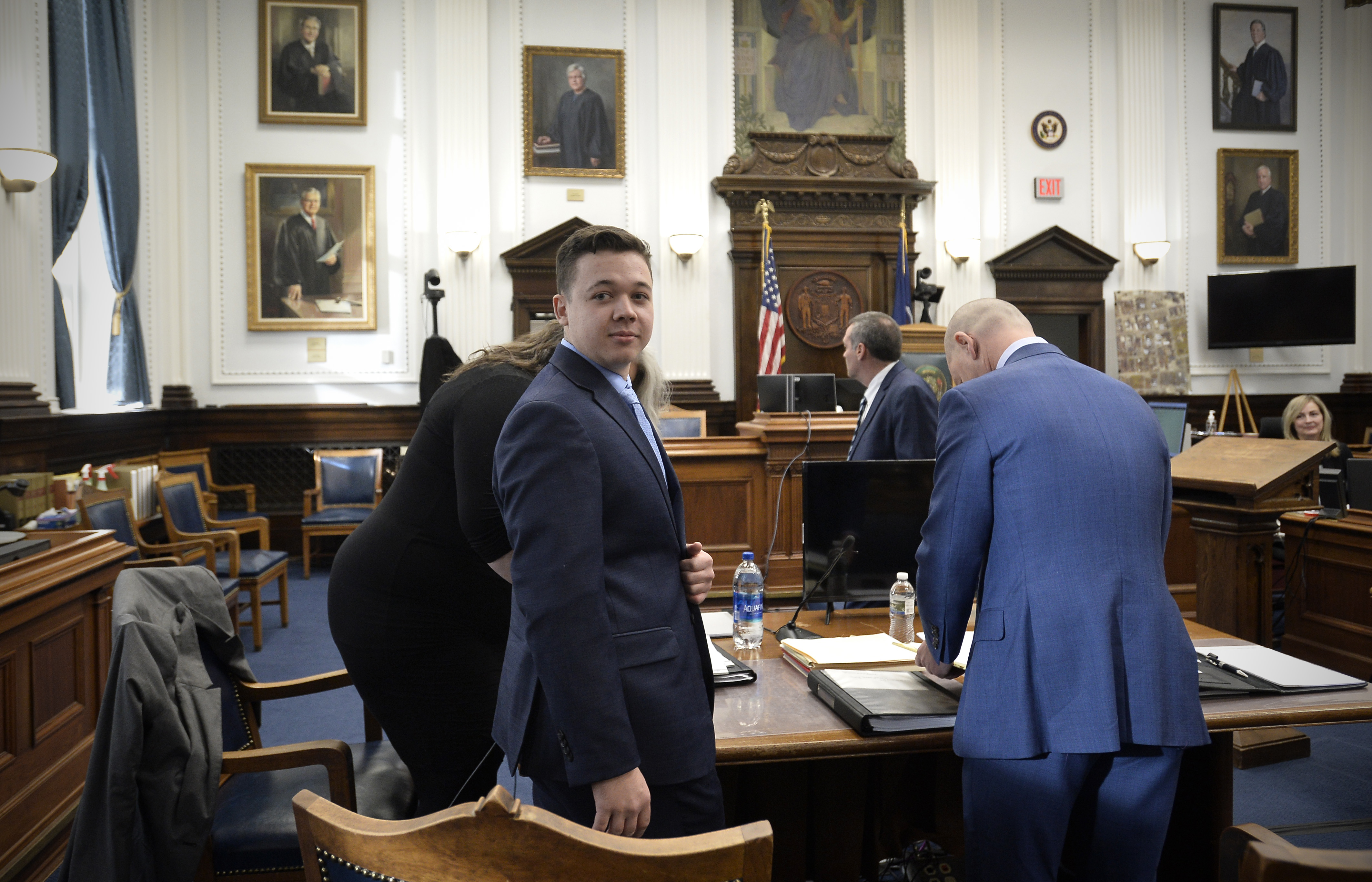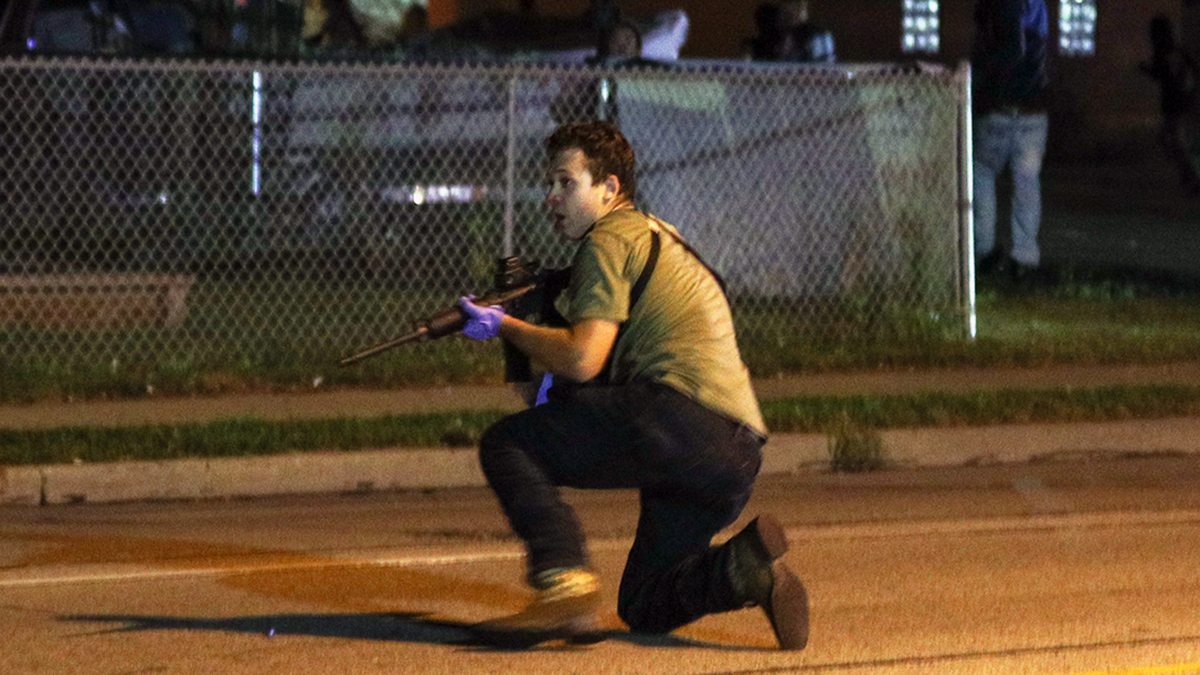LIVE COVERAGE: A live feed of Kyle Rittenhouse's murder trial is available here when court is in session.
Kyle Rittenhouse played a direct role Tuesday in deciding, albeit randomly, who will be the final 12 jurors that will decide his innocence or guilt in the murder trial over his killing two protesters and injuring a third last summer.
At the direction of the judge, Rittenhouse's attorney placed slips of paper into a raffle drum with the numbers of each of the 18 jurors on it who sat through the two-week trial. The drum had been sitting on a window ledge throughout the trial but was placed in front of Rittenhouse at the defense table Tuesday.
Rittenhouse then selected six pieces of paper from the drum, who a court official then read aloud to be dismissed: 11, 58, 14, 45, 9 and 52.
The jurors won't be part of the final 12 who were deliberating the case. But they were required to remain in the courthouse, at the request of the defense, until the jury returned with a verdict.
The jury pool had started at 20, but one juror was dismissed for health reasons and another was let go after he told a joke related to the case to a bailiff.
The jury began deliberations on Tuesday minutes after Rittenhouse drew the numbers. The judge asked both sides to remain within 10 minutes of the courthouse in case there were questions.
Rittenhouse faces a myriad of charges after he killed two protesters and injured a third on the streets of Kenosha last summer. The protests were spurred by the police shooting of Jacob Blake, a Black man.
Rittenhouse, who was 17 at the time, argues he acted in self-defense. The most serious charge before jurors could put Rittenhouse in prison for the rest of his life.
Feeling out of the loop? We'll catch you up on the Chicago news you need to know. Sign up for the weekly Chicago Catch-Up newsletter.
Schroeder, 75, is the longest-serving circuit court judge in Wisconsin. His methods have drawn attention throughout the trial, including reading trivia questions to jurors at the outset, professing his lack of knowledge about modern technology, asking for applause for veterans on Veterans Day as a defense witness who served in the military was about to testify and sometimes speaking angrily at prosecutors when they pursued lines of questioning he had barred.





